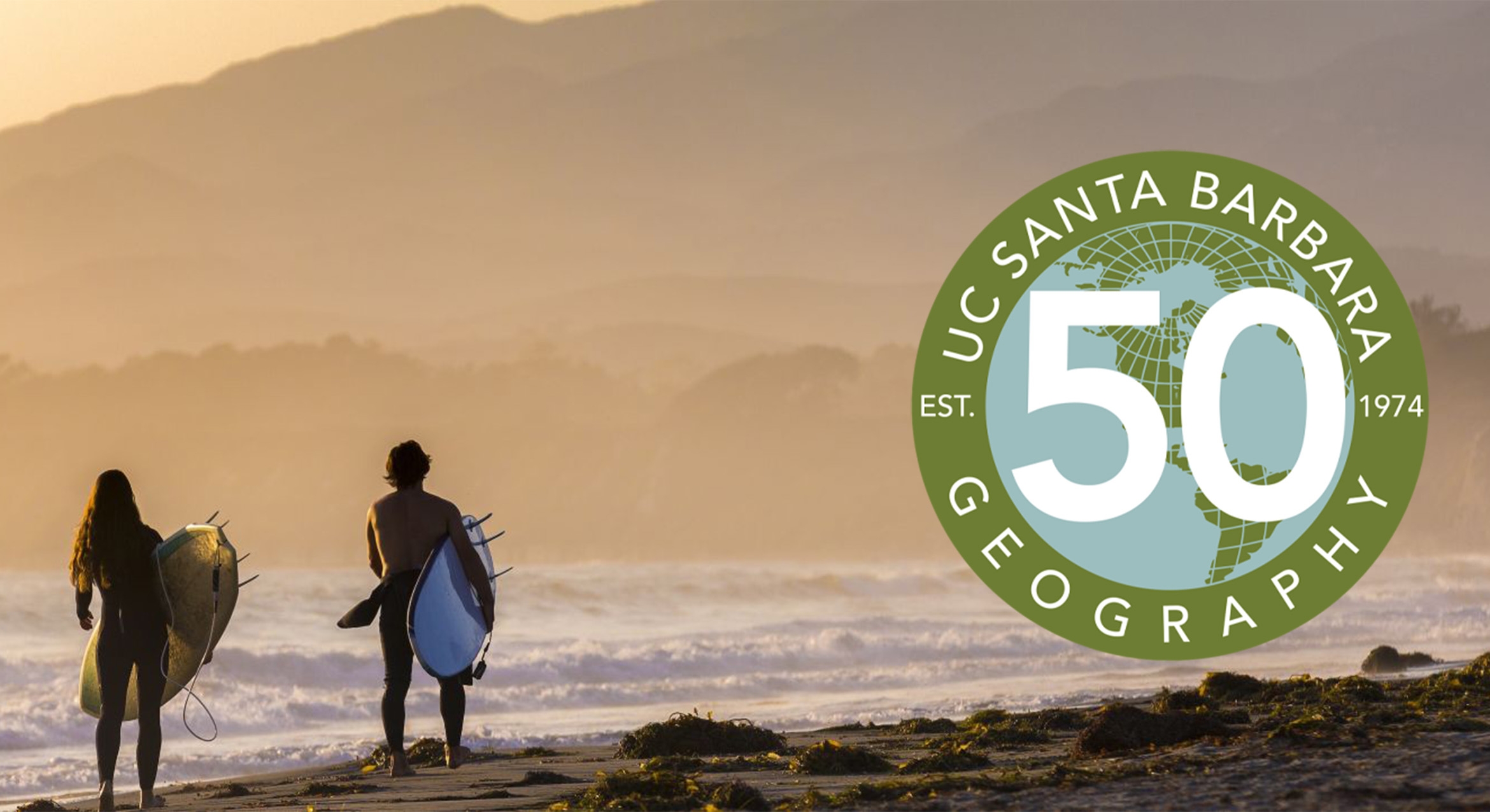UCSB’s Culture and Nature Series Kicks Off With ‘The Plague!’ at the Santa Barbara Museum of Natural History
Bubonic Plague. Yellow Fever. Cholera. H.I.V. and AIDS. For thousands of years, humans have faced devastating epidemics that suddenly kill millions and cause enormous social and economic disruption. How have different cultures grappled with these catastrophic events?
In an innovative program titled "The Plague! –– Making Sense of Epidemics, Contagions and Pestilence," three UC Santa Barbara humanities scholars will explore social, religious, and artistic responses to massive epidemics. The program, which includes a performance of selected scenes from the award-winning play "Angels in America," will take place at the Santa Barbara Museum of Natural History on Thursday, May 16. It begins at 7 p.m. in the museum's Fleishmann Auditorium. Admission is $8 for museum members, and $10 for all others.
Ranging from 19th-century Italy to Buddhist Japan to 20th-century America, the program illustrates the diversity of responses to contagion, while at the same time highlighting our common humanity in response to unimaginable death and suffering. Among the UCSB presenters are Irwin Appel, professor in the Department of Theater and Dance; Jon R. Snyder, professor in the Department of French and Italian; and Fabio Rambelli, professor in the Department of Religious Studies and chair of the Department of East Asian Languages and Culture. Rambelli also holds the International Shinto Foundation Chair in Shinto Studies.
"The Plague!" is the inaugural event in UCSB's new Culture and Nature series, which will continue over the next academic year. Events in the series are designed to highlight the interrelation between nature and the environment and religion, art, literature, and other fields within the humanities and fine arts.
"The series examines how people interact with nature, and how that interaction shapes our world," said John Majewski, professor of history and associate dean of humanities and fine arts in the College of Letters and Science. He is organizing the event with Stefania Tutino, professor of history and of religious studies at UCSB.
"Humanists have something to say about how societies and cultures interpret nature and how the natural environment impacts society," Majewski continued. "Our faculty members are excited about sharing their research with a broad community audience."
Added Tutino: "Humanists often can study issues related to nature and society and make sense of them in a way that scientists can't."
The series will continue in the fall with additional events co-sponsored by the Santa Barbara Natural History Museum and also by the Wine Cask restaurant. Events at the Wine Cask will feature UCSB humanities scholars exploring the cultural significance of specific foods, such as the history of beer in American culture, the cultural and environmental impact of sustainable fishing, and the role tea played in consolidating the British Empire. Each presentation will be followed by a themed dinner that highlights the cultural dimensions of that specific food, from a culinary perspective.
Tickets for "The Plague!" can be purchased in advance at www.sbnature.org/tickets.



